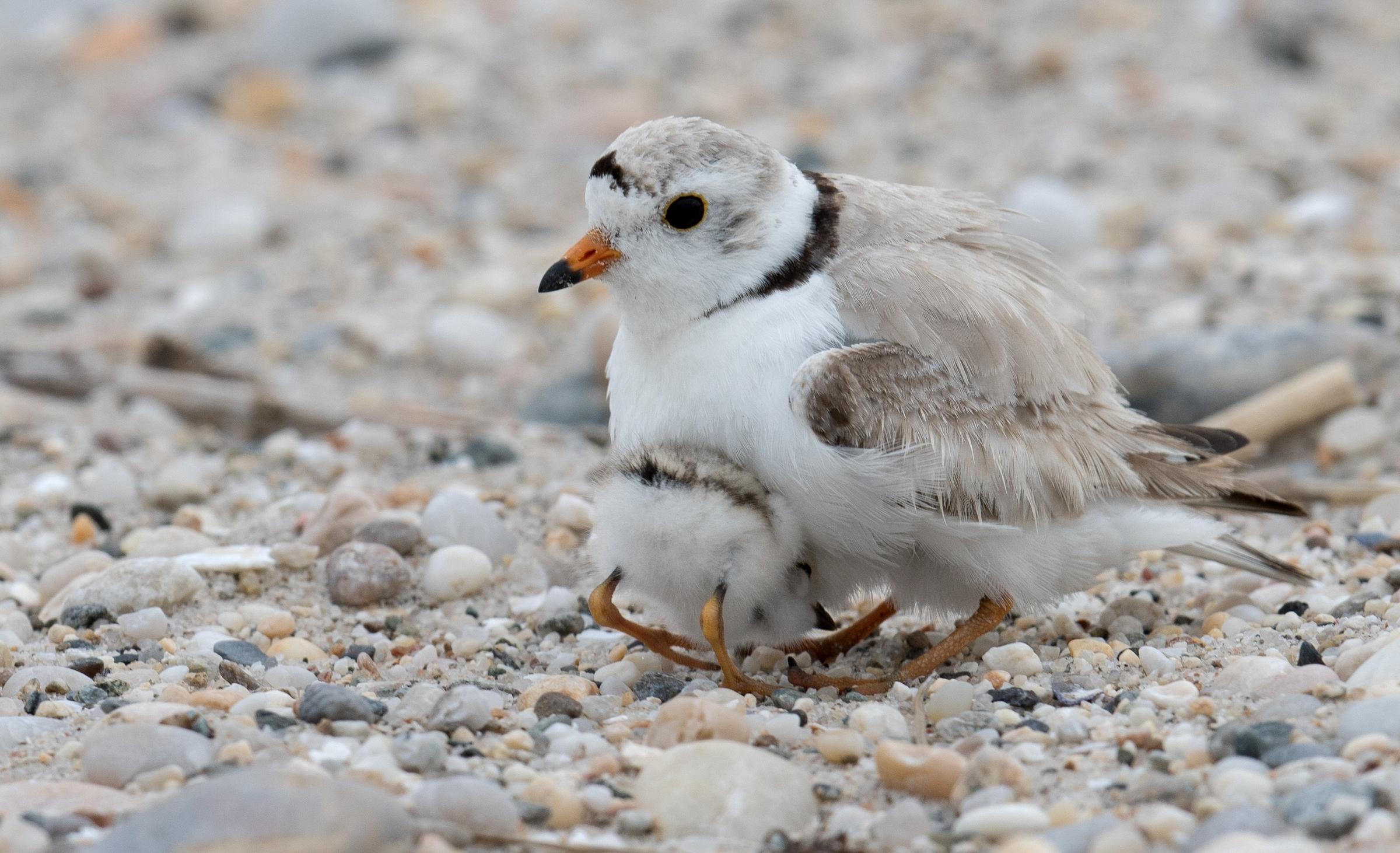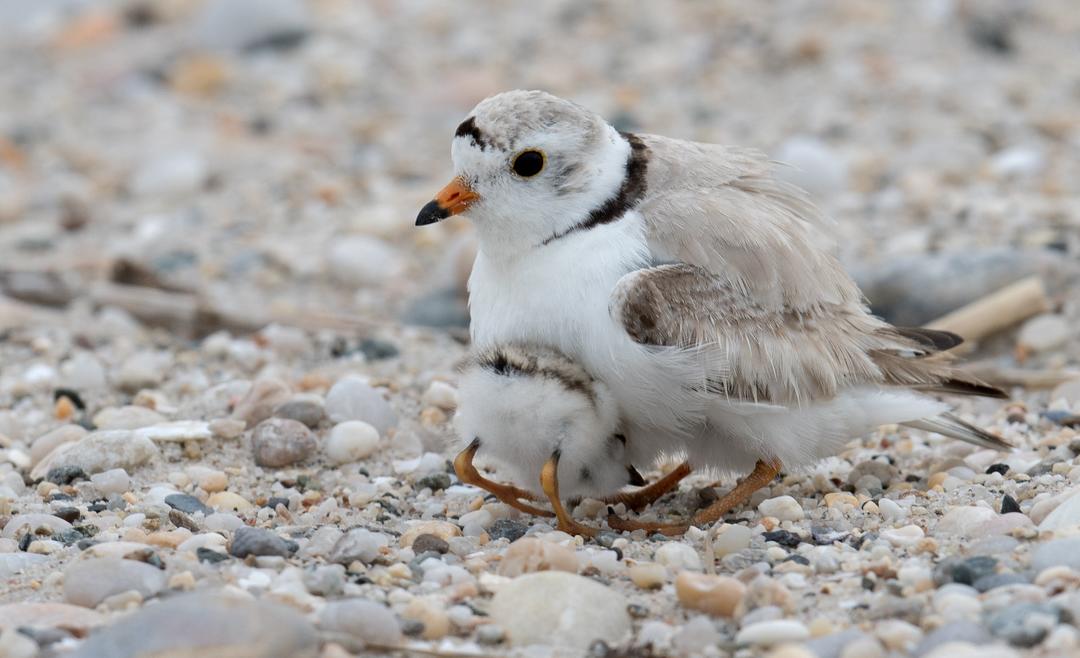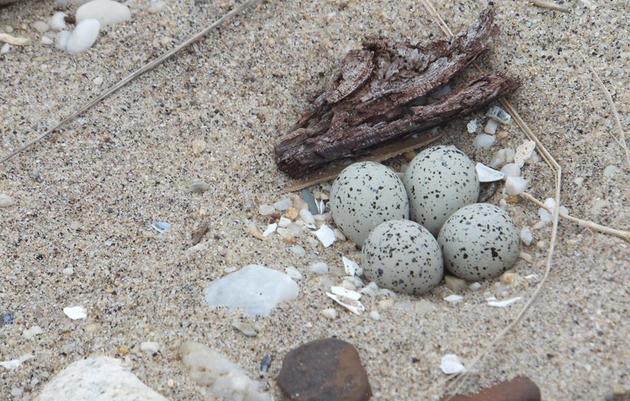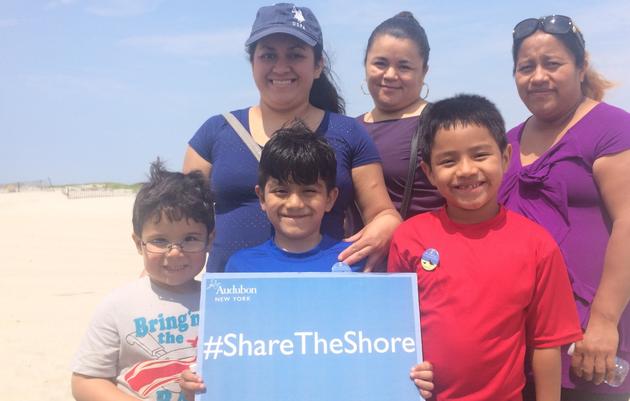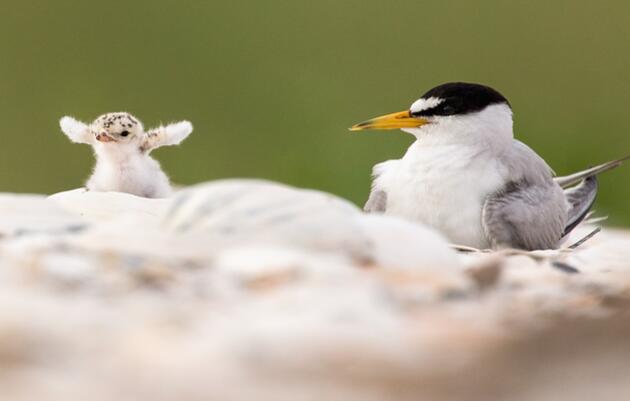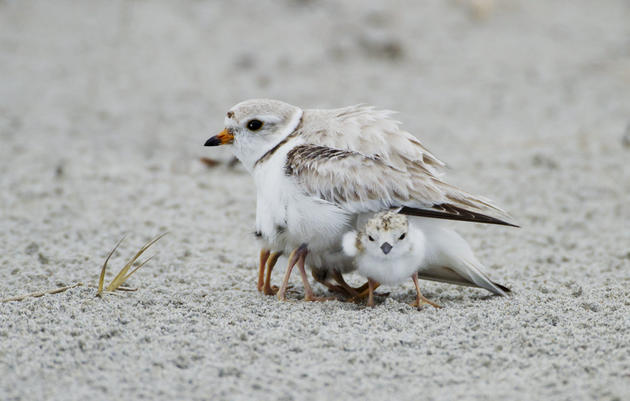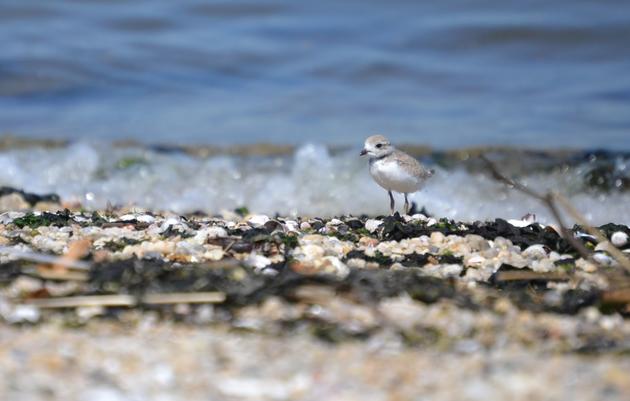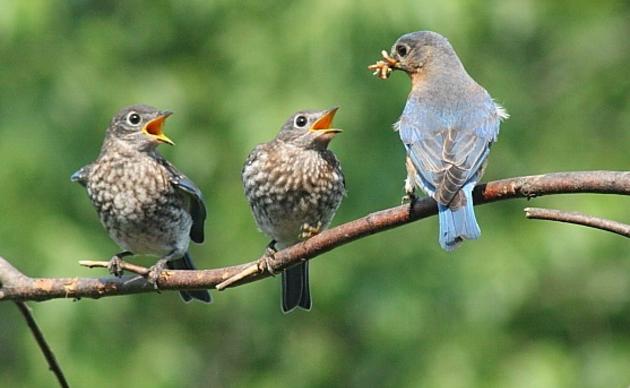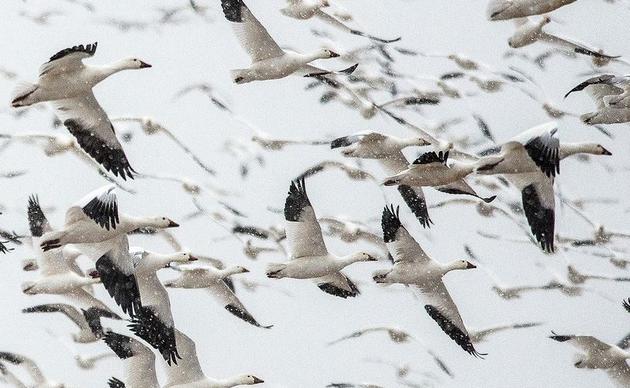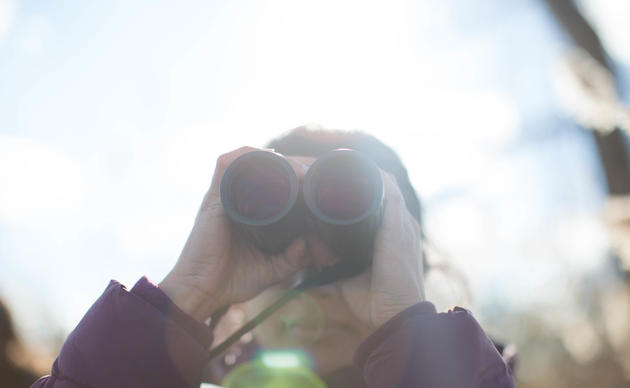In spring and summer, our Long Island beaches become a nursery for federally and state-protected birds like the Piping Plover, Least Tern, and American Oystercatcher.
These birds rely on us to “Share the Shore,” because our beach season is their nesting season. Every May–August, they hatch chicks that weigh less than a single scoop of ice cream!
Step One: Take the Be a Good Egg Pledge
Our birds need your help to survive!
Tiny chicks face big obstacles, and one of the biggest is a lack of awareness about how to #ShareTheShore.
People may not know, for instance, that walking too close to nesting sites (which are usually sectioned off with string fencing) can cause adults to abandon their nests. Or that even small, well-trained dogs can crush fragile eggs or scare off parents.
Piping Plover chicks will leave the nest to forage within a few hours of hatching, but can’t fly for a few weeks, so it is ESSENTIAL that we follow “no pet” rules at beaches with nesting birds, dispose of fishing line, avoid feeding the wildlife, and keep beaches trash-free. Remember, once chicks hatch they do not necessarily stay within the boundaries of the string fencing—so keep an eye out for these little guys around the wrack line!
Step Two: Volunteer to monitor and survey nesting birds. Or, speak up and help us spread the word online!
Together, we can help birds nest and raise their young successfully. Learn more and get involved with our programs below.
Step Three: Sign up to stay updated.
FAQ
Questions and answers related to Audubon New York's Coasts program and how to help protect threatened shorebirds!
Women in Conservation Internship
Giving young women the opportunity to develop skills in habitat stewardship & wildlife management.
2019 Shorebird and Seabird Conservation Highlights
With help from Audubon chapters, volunteers, and partners, Audubon New York had one of its most successful coastal field seasons to date.
Donate to Audubon
Help secure the future for birds at risk from climate change, habitat loss and other threats. Your support will power our science, education, advocacy and on-the-ground conservation efforts.

